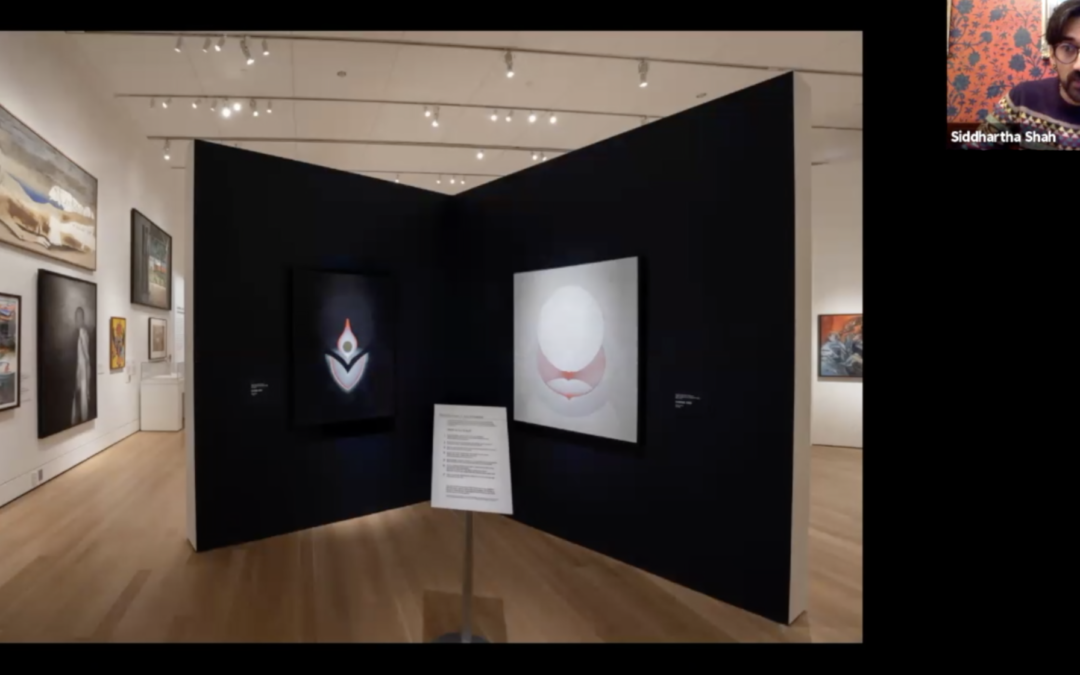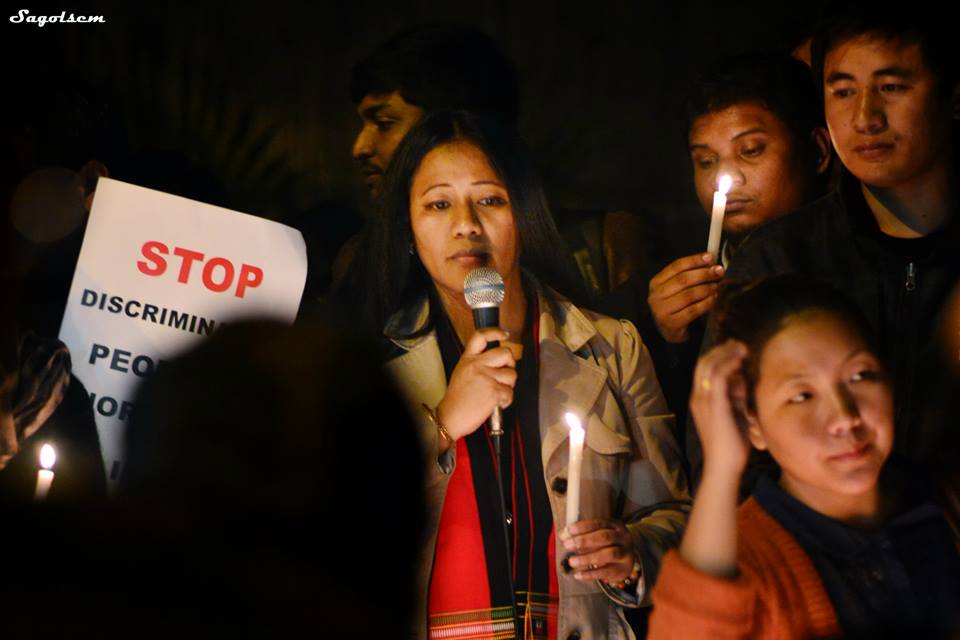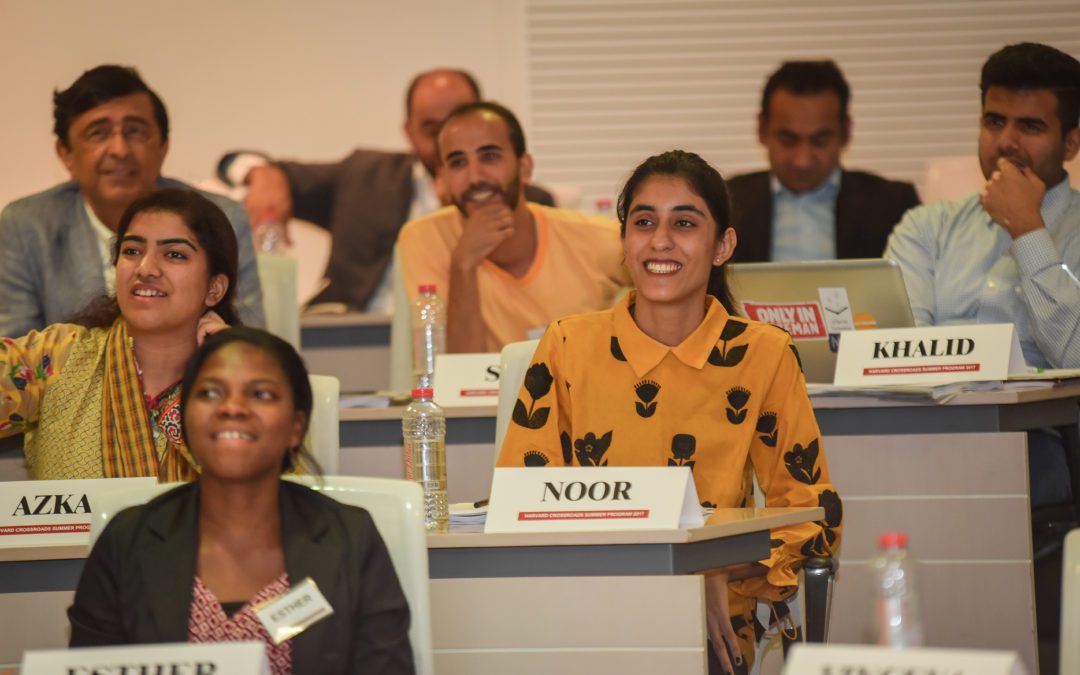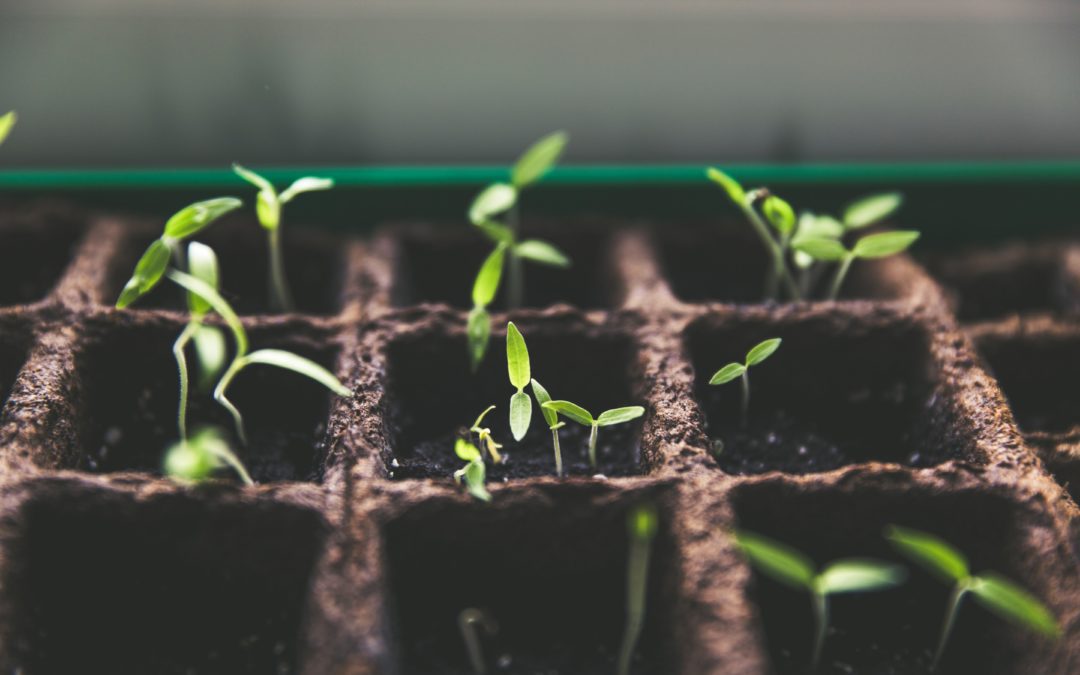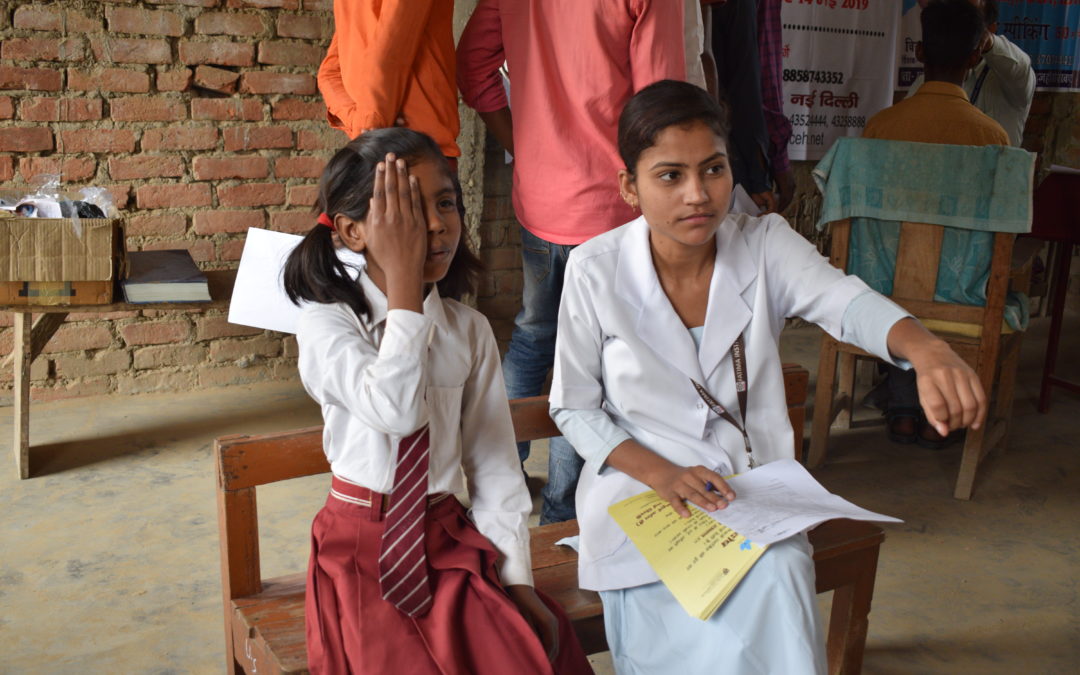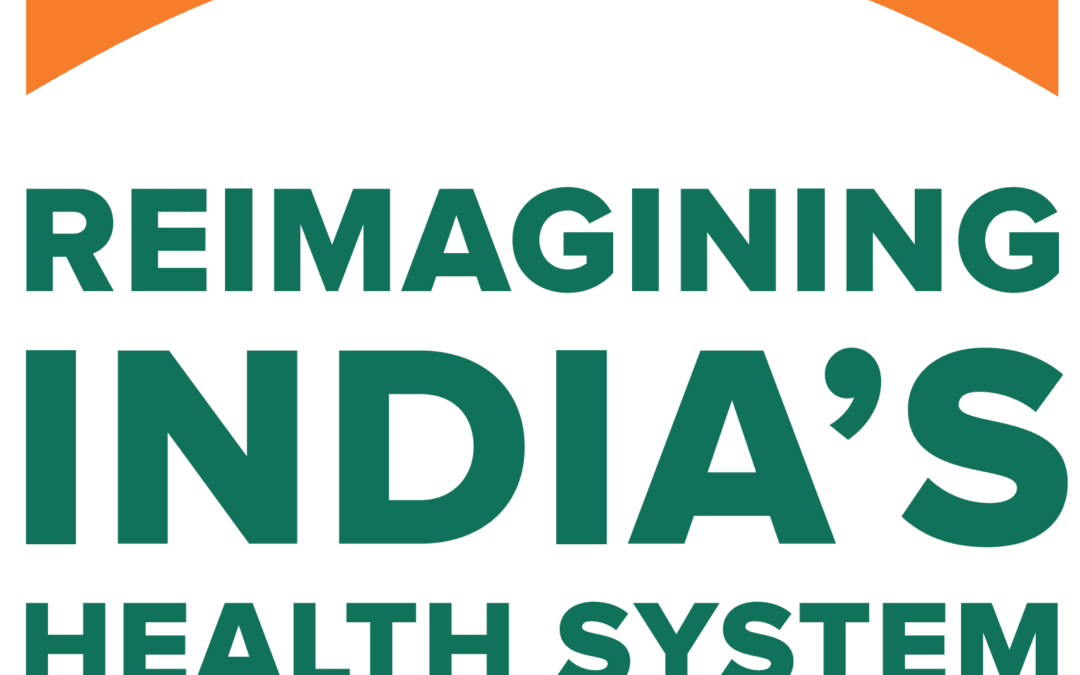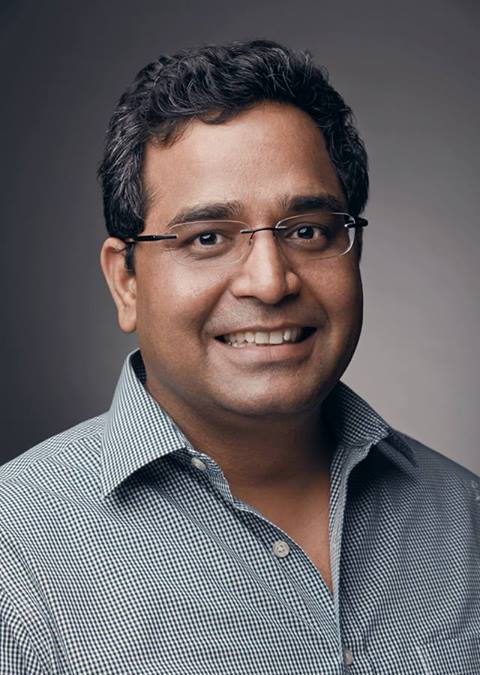Designing Sanitation Infrastructure for Extreme Settlements
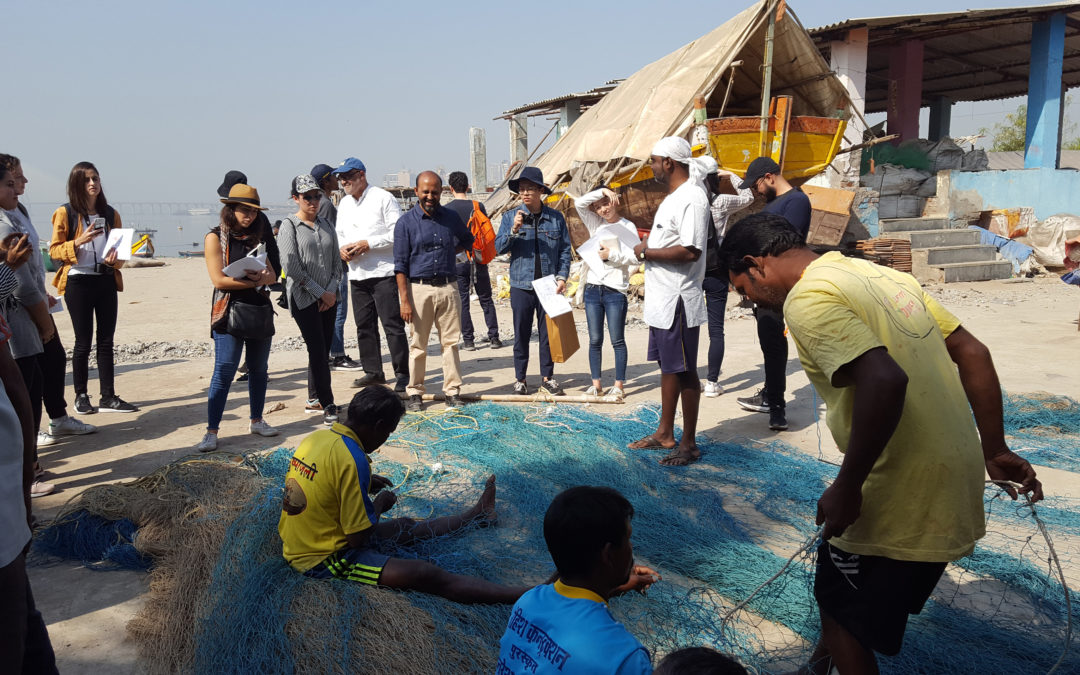
Through a collaboration between the Tata Trusts and the Mittal Institute, the project “Designing a Sanitation Hub” will yield a series of design drawings and representations of how a sanitation “hub” will be configured spatially in both rural and urban settings, including indigenous community settlements (such as the koliwadas and lal dora areas) to high-density squatter settlements.

